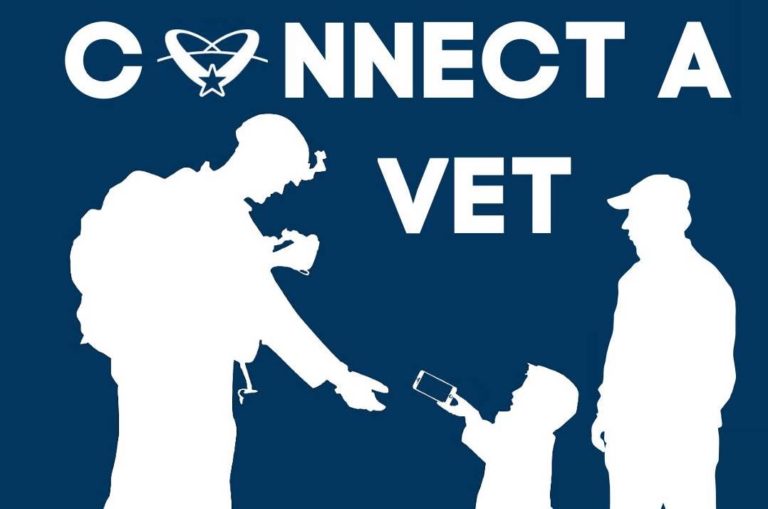By Virgina Baldwin
In the 2018 Nov/Dec issue of Foreign Affairs Magazine, Sylvia Mathews Burwell, former Secretary of Health and Human Services and current President of American University, wrote an article entitled “Generation Stress,” in which she asserts that today’s youngsters arrive on college campuses with less resilience than previous generations and little appetite for risk and failure. She also finds that parents have focused more on protecting their children from stress and anxiety and less on teaching them to cope with life’s challenges.
Those of us in independent school leadership can attest to the fact that parents have moved from helping their children prepare for inevitable disasters, heartbreaks, and wrong turns to clearing the path for their child, often called snow plowing. The result can be seen in the recent college admissions scandal, where 33 parents were accused of paying $25mm in bribes, some as much as $6.5mm, to guarantee their children’s admission into prestigious colleges.
This scandal reveals an escalating trend that those of us working in schools have witnessed for years now: parents take away important, uncomfortable life experiences from their young children, thereby creating a new generation of young adults so fragile that it has become a national security issue and worthy of consideration in Foreign Affairs Magazine.
Parents say, “I just want him to be happy,” so when their children feel unhappy about an argument with a friend, a reprimand from a teacher, too little play time in the big tournament, a missed assignment, or a forgotten lunch, they swing into action to save the day. The fact that several parent defendants in the scandal were willing to risk being charged with conspiracy to commit fraud punishable by up to 20 years in prison rather than have their children be rejected by the college of their choice shows how far parents will go to make sure their children remain in a state of perpetual “happiness.” It also gives insight into how dysfunctional parenting has become in the past 20 years.
Parents should consider that carefully clearing the path away from ambiguity, possible failure, or discomfort may be the etiology of an epidemic of mental-health crises being reported among college-enrolled students, with anxiety as the most-reported symptom.
For example, last week a parent of a second-grade child walked into our school to reprimand an unrelated 7-year-old child for “saying mean things” to his daughter. To do this, he had to deny that children routinely argue with their friends, it takes two to spat, and children tell one-sided stories because that’s what they do. They under-report. (It helps to ask a child, “What happened right before she said/did that to you?”)
As a result of this recklessness, we banned the parent from our building for the remainder of the year, but worse is that as an adult he intimidated a young child, destroyed an important friendship for his daughter, and took away her opportunity to learn what to do when she feels hurt.
For children, it’s easier to make friends than it is to keep them, and school is the place where learning how to be a good friend happens. It would have been good for the parent to have more confidence that those of us in schools can tell the difference between garden-variety arguments and vicious harassment and that we work every day to give children the skills needed to be a good, dependable friend.
These days when we speak to parents about their child missing an assignment, or coming late to a tournament, or even being a turkey to other classmates, they often say, “Oh, that was my fault…” We remind them, “He is twelve. He should know where his tournament is, and we know the coach told him what time to be there at least a billion times;” or, “She is eleven and knows how to read her Google calendar due dates;” or “He knows that telling someone they smell like a circus elephant is not endearing.” But parents still try with all their might to take away any personal responsibility or discomfort from natural consequences. They fail to see that kids who do not understand limits, or social boundaries are the very same kids who find it difficult to maintain their friendships. They are also at great risk of failing to develop frustration tolerance and the problem-solving resilience that can stave off the debilitating effects of anxiety and learned helplessness.
Normal child development involves learning. Experiencing setbacks, failures, and mistakes are essential for children to grow into responsible, confident adults. Consider how much we learned from the mistakes that we made as young people. Instead of plowing pathways for their children, parents would do well to focus on developing tolerance for the failures their children will inevitably have and helping them to develop skills to manage these failures so they will be more likely to become strong, healthy adults who can manage without them when they are gone.
A Greenwich native, Virginia Baldwin has over 35 years of experience teaching and leading exceptional independent schools. She holds a Doctorate in Education Policy & Leadership as well as a Master’s Degree in both Private School Leadership and Elementary Education.




